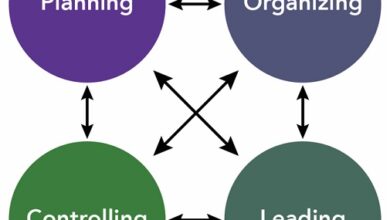What is Theocracy definition/concept
The word theocracy refers to governments that are based on the belief that the God who rules the official religion is also responsible for governing aspects of political , economic and cultural life.
In other words, theocracy (from the Greek, teo ‘God’ and cracia ‘government’) is a government that exercises power and at the same time is responsible for political and religious matters, in addition to making the necessary decisions for both aspects. in terms of its ideology.
In this type of management, it is God who exercises power and makes decisions, as well as manifests his authority through ministers or representatives who act on his behalf. In this system there is no division or separation between the state and the religious institution.
Form of government propagated during Antiquity and the Middle Ages
Theocracy is perhaps one of the oldest forms of government existing on our planet since the beginning of time, taking into account that during Antiquity and the Middle Ages the world’s religions occupied a central place and they organized daily life, the social practices, customs and the way of thinking of each society.
Pharaoh descended from the gods and this allowed him to exercise political and religious authority
In this sense, civilizations such as the Hebrews, Ancient Egypt, Mesopotamia, among others, were characterized by having governments in which the main ruler was the supreme religious representative, the one who took all the decisions and was the only representative of God in the world ground. In many cases, the king or pharaoh was considered a direct descendant of the gods, one who obtained the divine grace to be able to rule over his people soon after his birth. The pharaohs of Ancient Egypt were not only the most relevant political leaders, as they were considered to be the direct representation of the deity on Earth and assumed priestly functions.
Currently, an obsolete form of government
Theocracies are political systems that are still discussed today, as democratic or parliamentary forms that seek to open up representation and political participation throughout society are considered to be irrational and obsolete forms of government.
In theocracy there is no change of power, that is, no one can stand as a candidate for anything, there is no direct election of representatives through popular vote.
the exceptions
However, it is normal to find many states in the Middle East, Africa and even the Vatican that express the theocratic idea (that their ruler is directly linked to the God of their belief).
On the other hand, in the democratic systems that dominate the political map of our times, there is a clear differentiation between political and religious power, that is, political authority goes one way while the religious goes the other way. There is a clear division in the political and religious spheres, neither interfering with the other.
